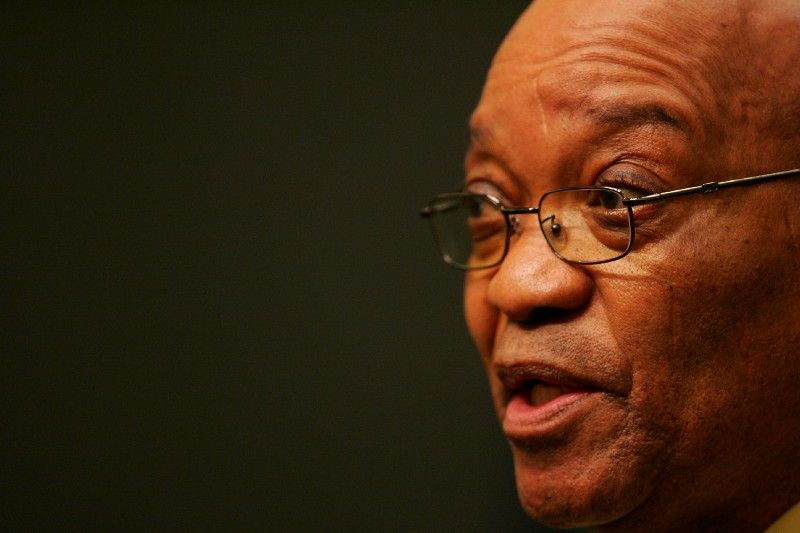February 16, 2018
Faced with a vote of no-confidence that would have forced his resignation, Jacob Zuma stepped down as South Africa’s president on Wednesday. A quarter century from the end of apartheid, the African National Congress, South Africa’s ruling party, now finds itself at a crossroads. Once Nelson Mandela’s party of national liberation, the ANC has seen its popularity and credibility eroded by nine years of Zuma’s scandal-plagued rule. Faced with nearly 800 corruption charges, Zuma used his position and control of the ANC to avoid prosecution. Those days are done.
In December, the ANC chose Cyril Ramaphosa as its new leader over Zuma’s ex-wife, a candidate who might have protected Zuma from legal peril and political oblivion. Zuma wasn’t due to step down as the country’s president until next year, but most of the party leadership wanted him out now to boost the party’s image in time for the next election in 2019. South Africa and the ANC now have a chance to move forward.
Before we bid Zuma farewell, here’s a story worth telling. Four years ago, I had the very good fortune to join Western Cape governor and opposition leader Helen Zille and her husband for dinner. She told us the story of an event she attended in 2009 at the president’s residence. Zuma, whom she regularly publicly criticized in very blunt terms, invited her to dance, and as they moved across the floor, he told her a story about his schoolboy crush on a young girl from his village who wouldn’t return his interest because he didn’t know how to dance. The young Zuma then talked his way into free-of-charge Arthur Murray dance lessons in exchange for chores performed around the studio.
I’ve never met Zuma, but listening to Zille, I felt the warm reflection of a charm that lifted him to great heights. It’s there in his speeches. A rare charisma. But South Africa now moves on.
More For You
Security in a fragmented world: Cyber deterrence, NATO reform & the future of trusted tech
Feb 14, 2026
- YouTube
In a new Global Stage livestream from the 2026 Munich Security Conference, New York Times White House and national security correspondent David Sanger moderates a conversation with Ian Bremmer (President & Founder, Eurasia Group and GZERO Media), Brad Smith (Vice Chair & President, Microsoft), Benedetta Berti (Secretary General, NATO Parliamentary Assembly), and Wolfgang Dierker (Global Head of Government Affairs, SAP) on how technology and defense are colliding in real time.
Most Popular
- YouTube
Ian Bremmer breaks down how Trump’s second term is reshaping American power — and what it means for the global order.
© 2025 GZERO Media. All Rights Reserved | A Eurasia Group media company.
